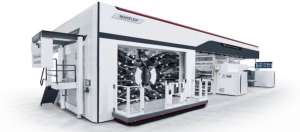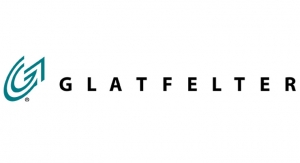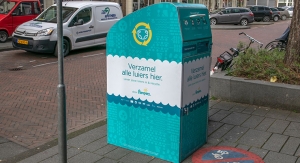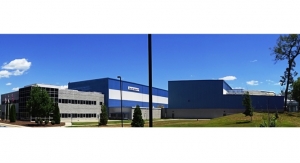The company will invest 300 million yen ($2.83 million) to introduce a new line at a plant in Jiangyin in the eastern Chinese province of Jiangsu run by subsidiary Ambic. The plan is to triple combined annual production capacity in Japan and China to 580,000 square meters by 2022. The plant currently produces filters for thermal power stations and has never made filters for incinerators before.
In Japan, Ambic makes filters for incinerators at its Kagogawa plant in Hyogo Prefecture, western Japan. The plant has an annual production capacity of about 200,000 square meters. In fiscal 2018, which began in December, the company plans to ship 70,000 square meters of the filter to its clients in Japan.
The company expects the number of incinerators in China to increase more than ten-fold as the amount of waste has been soaring thanks to economic growth.
Nikke currently exports little of its products to China. In fiscal 2022, when the new line will be complete, the company hopes to sell around 400,000 square meters of the filter in China.
Filters for incinerators need to be made of high-performance nonwoven fabric that can withstand high temperatures and is resistant to chemicals. Ambic's nonwoven fabric is known for being made of the world's finest fibers and resistant to clogging. The filter lasts for about five years, about 50% longer than rival products.
Nikke has few Japanese rivals in the market for filters for incinerators in China. Its main competitors are cut-price Chinese manufacturers and European companies, the company says. Ambic hopes to grow Chinese sales by touting its filter's performance and low replacement cost. It hopes to raise its market share in China to 12% by fiscal 2022. It currently controls about 3%.




















